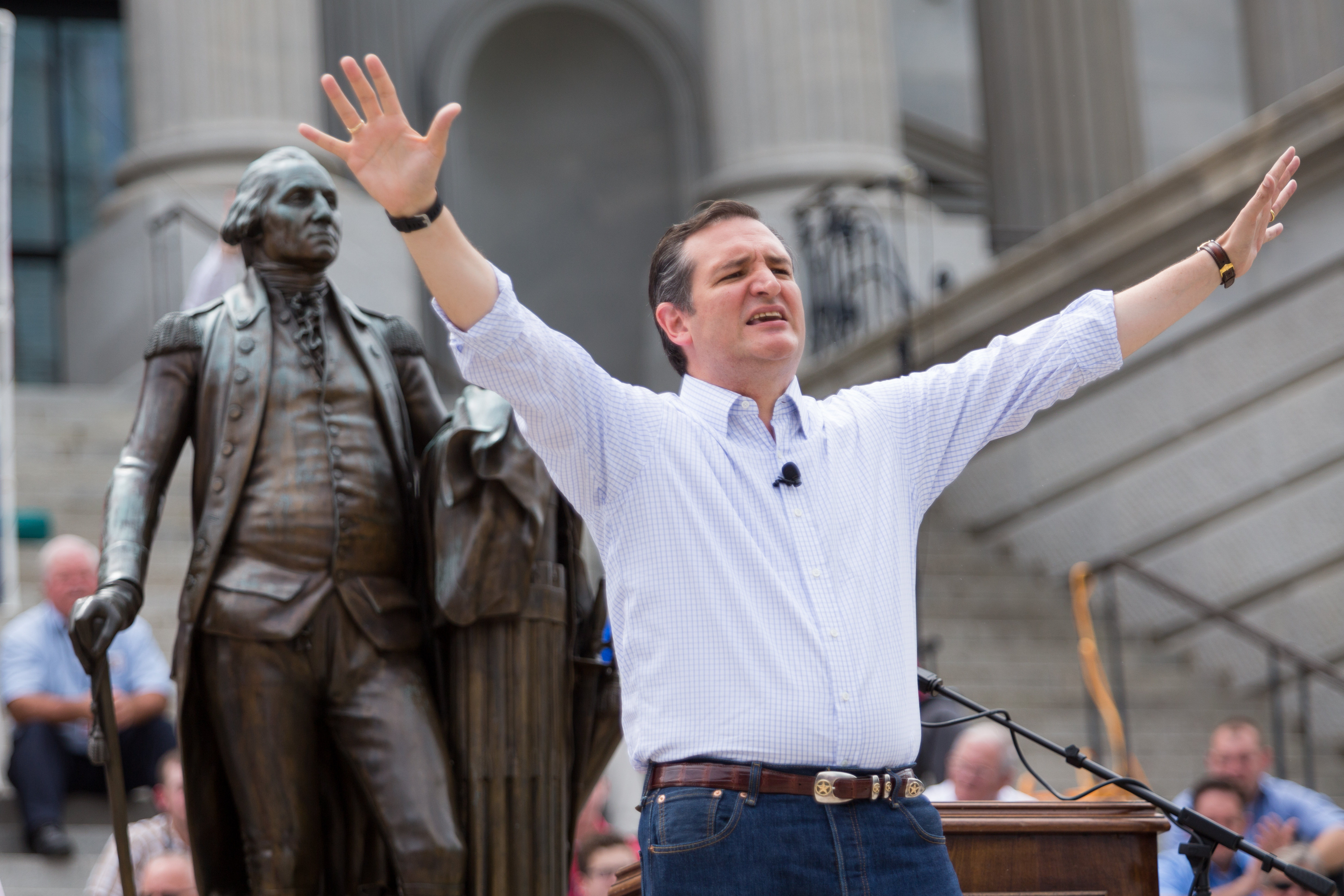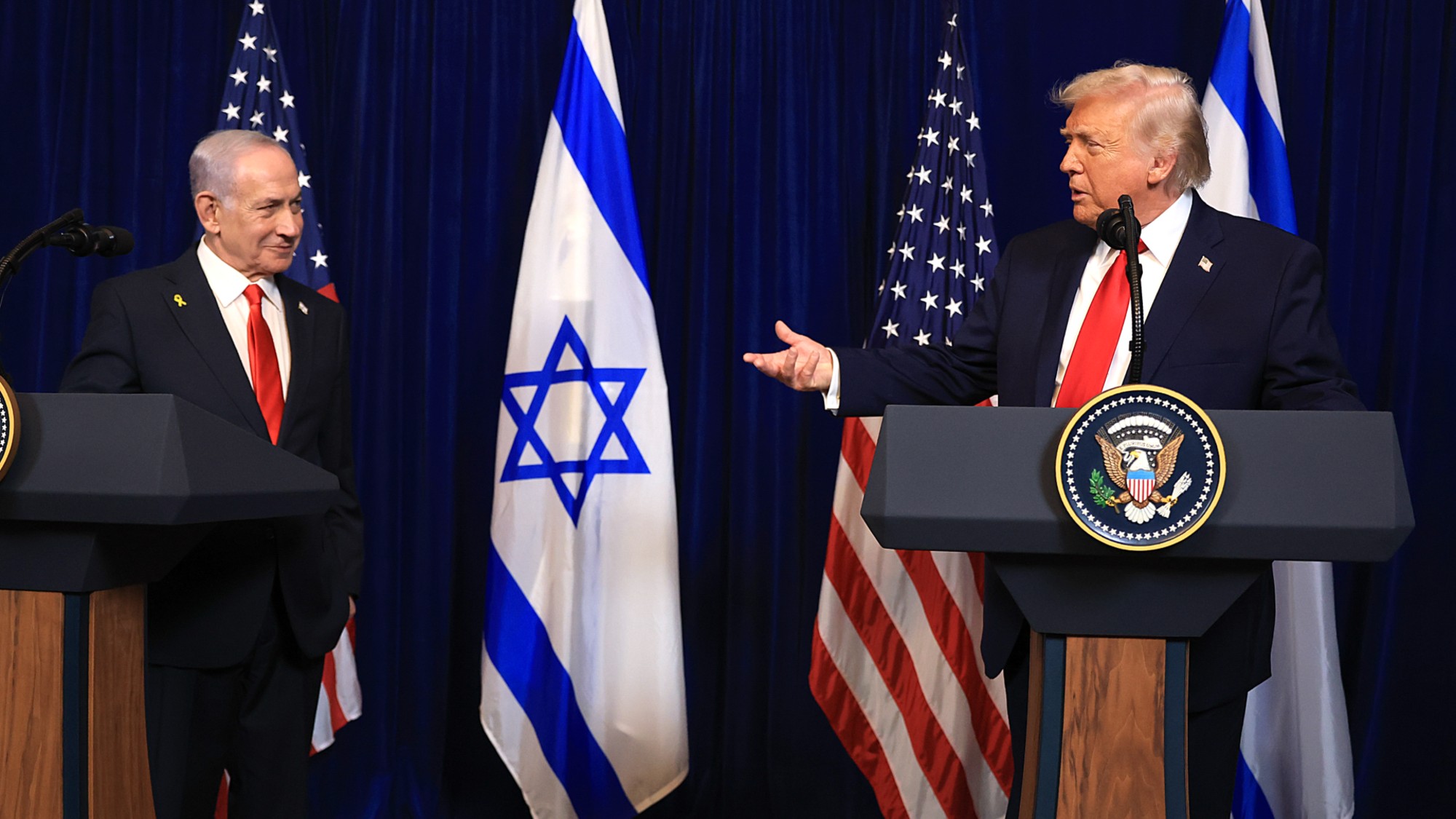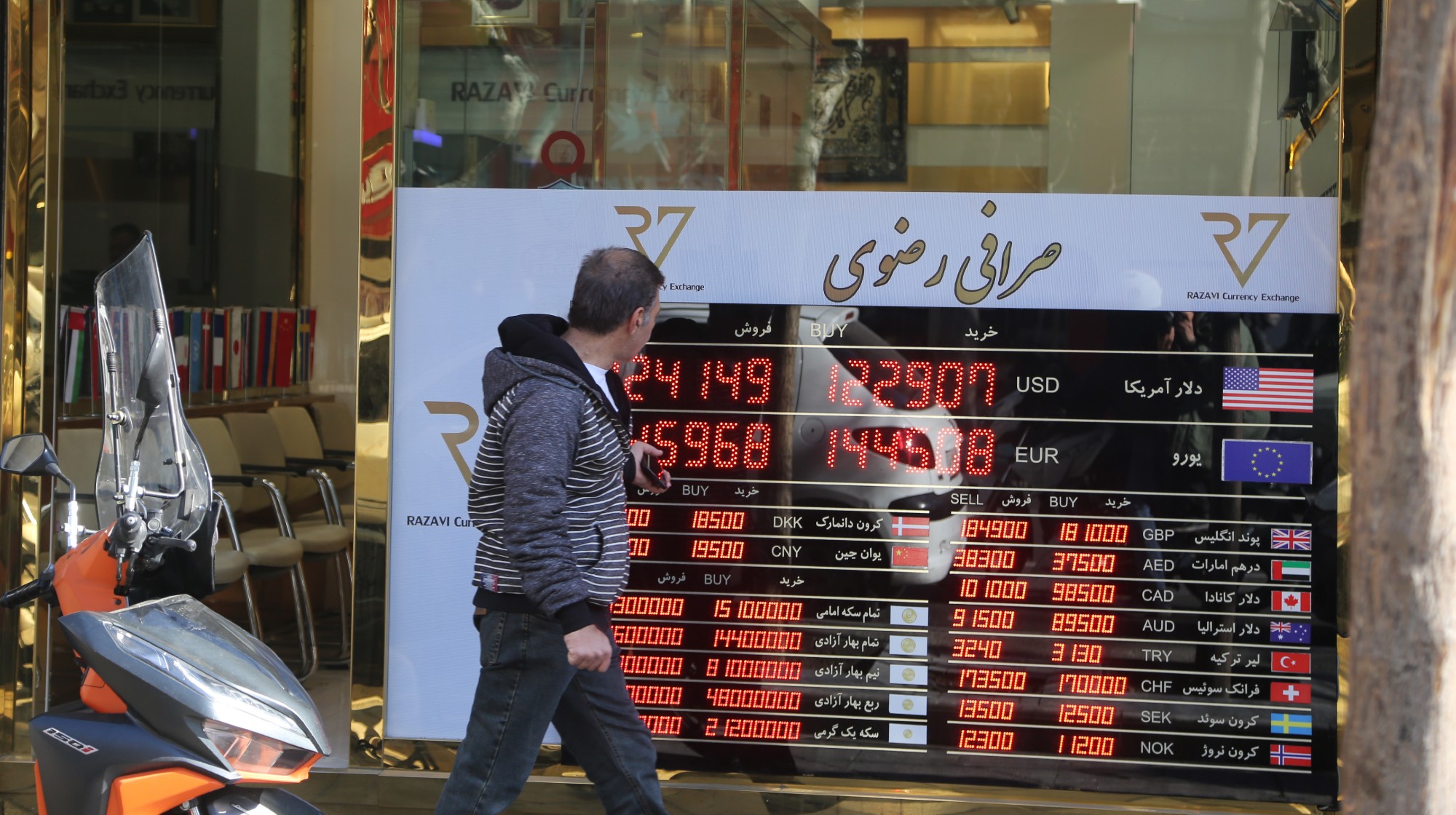Ted Cruz has mastered the art of evangelical politics
And Donald Trump demonstrated it's not enough to just be conservative anymore

Donald Trump likes to boast about how much evangelicals love him, but his showing in the Iowa caucus Monday night demonstrated instead how his love affair with the core Republican bloc was more about bluster than substance. Some 62 percent of the Iowa Republicans attending a caucus told entrance pollsters they were born again or evangelical, and 33 percent of them voted for the winner, Ted Cruz.
Although both Trump and Cruz campaign as Washington outsiders, Cruz's victory was a vindication of the enduring influence of at least one Washington fixture: the religious right.
Cruz may have campaigned against what he calls "the Washington cartel," but the religious right is no stranger to the business of how Washington works. It's a movement that was built on the contention that conservative Christians need to get involved in politics, if not by running for office themselves, at least by working on campaigns, getting out the vote, and supporting Christian candidates. The goal is a "godly" government run by Bible-believing Christians, or at least politicians who, like Ted Cruz, are dedicated to the same "Judeo-Christian values" they are.
The Week
Escape your echo chamber. Get the facts behind the news, plus analysis from multiple perspectives.

Sign up for The Week's Free Newsletters
From our morning news briefing to a weekly Good News Newsletter, get the best of The Week delivered directly to your inbox.
From our morning news briefing to a weekly Good News Newsletter, get the best of The Week delivered directly to your inbox.
Trump, in running as a Washington outsider who would completely upend business as usual, misread the religious right's willingness to forego its own influence in the halls of power. While some of his supporters (like some of Ron Paul's evangelical supporters in 2012) believe the religious right leadership to be just as corrupted as the rest of Washington, it seems a majority of evangelicals, in Iowa, at least, are not ready to give up on their pursuit of a government based on "biblical" values. Trumpifying 1600 Pennsylvania Avenue apparently is not the path to godly government.
Cruz ran a textbook religious right campaign, condemning Planned Parenthood and same-sex marriage, invoking the Bible in support of conservative political causes, visiting all 99 of Iowa's counties, and securing endorsements by religious leaders, including from pastors of small churches as well as from Tony Perkins, president of the Family Research Council, the most influential religious right advocacy group in Washington.
Cruz's victory speech on Monday night opened with the words "to God be the glory." He emphasized a cherished religious right idea that people and governments do not confer rights but that those rights "come from our creator." He cited Psalm 30:5 ("Weeping may endure for a night, but joy cometh in the morning") as evidence that Washington "cannot keep the people down," or prevent them from following their “core commitments,” particularly "free market principles, the Judeo-Christian values that built this great nation."
By gliding effortlessly between "free market" and "Judeo-Christian," Cruz demonstrated his fluency with the religious right's historic anti-government, pro-business stances, along with the culture war issues that have dominated its political activism for the last several decades. As the historian Kevin Kruse showed in his 2015 book, One Nation Under God: How Corporate America Invented Christian America, the religious right traces its roots not just to the 1970s, and opposition to the Supreme Court's decision legalizing abortion in Roe v. Wade, but to the 1930s and opposition to the New Deal. Facility in both strands of the movement's history is crucial to attract traditional religious right voters.
A free daily email with the biggest news stories of the day – and the best features from TheWeek.com
Cruz's relentless opposition to ObamaCare is thus a twofer for him. It is at once a nod to the religious right's disdain for government social programs as tantamount to socialism, and to its new front in opposing reproductive rights — the religious freedom wars it sparked over the law's contraception coverage requirement. Trump evinced no grasp of either of these commitments.
There is some consolation for Trump, who equaled Marco Rubio's share of the evangelical vote; they each got 21 percent. But with evangelicals' outsized representation in the caucus, dominating this constituency was crucial for victory. Given the pre-caucus polling trends, Trump's showing means he's underperforming, and Rubio's as exceeding expectations.
Like Mike Huckabee in 2008 and Rick Santorum in 2012, winning Iowa may not lead Cruz to the nomination, but there's a crucial difference between 2012, at least, and 2016: The 2016 perceived frontrunner (Trump) is hardly the straight-laced family man Republicans settled on in Mitt Romney in 2012. What's more, Rubio is on an upward trajectory, and may end up challenging Cruz's quest to dominate the evangelical vote by capitalizing on internal changes within evangelicalism — changes that Trump may have been too much of an outsider to see.
Rubio's campaign contrasts his style with that of Cruz, emphasizing that he's not aiming to reclaim a purportedly lost Christian nation by electing a "pastor-in-chief." He simply presents himself as a committed believer guided by Christian virtue. Whether evangelical outsiders (or even insiders) will be able to detect a difference in the two candidates' styles remains to be seen, but the battle between Rubio and Cruz is reflective of an ongoing debate within evangelicalism about how members should engage politically.
Whatever his claim is to some segment of the evangelical vote, Trump is not part of that conversation.
Sarah Posner writes about religion and politics. Her work has appeared in The New York Times, The Washington Post, and many other publications.
-
 Into the Woods: a ‘hypnotic’ production
Into the Woods: a ‘hypnotic’ productionThe Week Recommends Jordan Fein’s revival of the much-loved Stephen Sondheim musical is ‘sharp, propulsive and often very funny’
-
 ‘Let 2026 be a year of reckoning’
‘Let 2026 be a year of reckoning’Instant Opinion Opinion, comment and editorials of the day
-
 Why is Iran facing its biggest protests in years?
Why is Iran facing its biggest protests in years?TODAY’S BIG QUESTION Iranians are taking to the streets as a growing movement of civic unrest threatens a fragile stability
-
 Bari Weiss’ ‘60 Minutes’ scandal is about more than one report
Bari Weiss’ ‘60 Minutes’ scandal is about more than one reportIN THE SPOTLIGHT By blocking an approved segment on a controversial prison holding US deportees in El Salvador, the editor-in-chief of CBS News has become the main story
-
 Has Zohran Mamdani shown the Democrats how to win again?
Has Zohran Mamdani shown the Democrats how to win again?Today’s Big Question New York City mayoral election touted as victory for left-wing populists but moderate centrist wins elsewhere present more complex path for Democratic Party
-
 Millions turn out for anti-Trump ‘No Kings’ rallies
Millions turn out for anti-Trump ‘No Kings’ ralliesSpeed Read An estimated 7 million people participated, 2 million more than at the first ‘No Kings’ protest in June
-
 Ghislaine Maxwell: angling for a Trump pardon
Ghislaine Maxwell: angling for a Trump pardonTalking Point Convicted sex trafficker's testimony could shed new light on president's links to Jeffrey Epstein
-
 The last words and final moments of 40 presidents
The last words and final moments of 40 presidentsThe Explainer Some are eloquent quotes worthy of the holders of the highest office in the nation, and others... aren't
-
 The JFK files: the truth at last?
The JFK files: the truth at last?In The Spotlight More than 64,000 previously classified documents relating the 1963 assassination of John F. Kennedy have been released by the Trump administration
-
 'Seriously, not literally': how should the world take Donald Trump?
'Seriously, not literally': how should the world take Donald Trump?Today's big question White House rhetoric and reality look likely to become increasingly blurred
-
 Will Trump's 'madman' strategy pay off?
Will Trump's 'madman' strategy pay off?Today's Big Question Incoming US president likes to seem unpredictable but, this time round, world leaders could be wise to his playbook